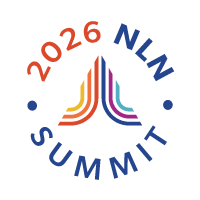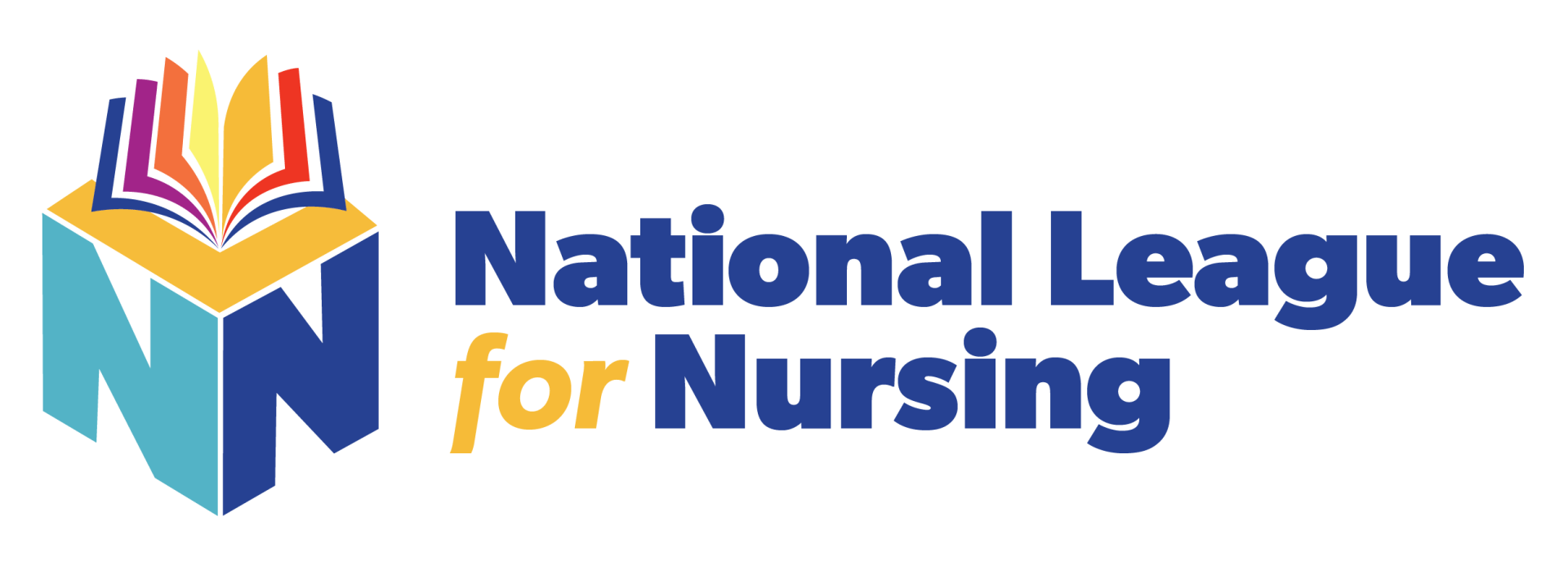WHY SUBMIT AN NLN SUMMIT ABSTRACT?
Submitting an NLN Summit abstract will give you the opportunity to share your knowledge, ideas, and innovative evidence-based teaching methodologies with other forward-thinking nurse educators. Presenting at the Summit is the perfect way for you to:
- Demonstrate your commitment to nursing excellence
- Establish yourself a subject matter expert and thought leader
- Network and forge future collaborations with nursing experts
- Meet your renewal requirements to maintain CNE certification
- Show evidence of scholarship
EVALUATION CRITERIA
- Abstract submissions should reflect the conference theme, objectives, and appropriate tracks.
- The focus of abstracts should be on the application of evidence and knowledge that exhibit excellence in teaching practice.
- Submissions will be evaluated on relevance; timely, significant contributions to teaching practice and/or academia; innovation; and recommendations for teaching, research, or practice.
- Active learning teaching strategies should be demonstrated in the session.
OBJECTIVES
Discuss
Discuss the implications of natural and human-made disaster and public health emergency education on nursing students, nursing workforce, nursing practice, and public policy.
Appraise
Appraise educational and research strategies for disaster and public health emergency preparation, mitigation, and recovery.
Examine
Examine a shared vision of disaster and public health emergency education and public policy in nursing education for the preparation of a future practice-ready workforce.

